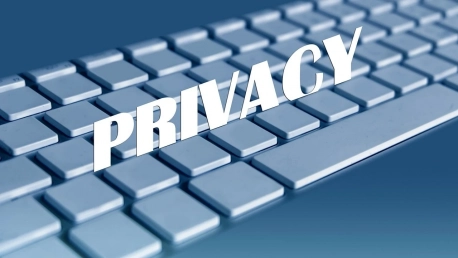The digital evolution in healthcare, while beneficial, has exposed Personal Health Information (PHI) to increased cyber threats. In an industry where safeguarding patient data is paramount, healthcare providers must ramp up their security measures, ensuring compliance with HIPAA, GDPR, and beyond.A comprehensive security strategy is essential to mitigate these risks, focusing on enhanced authentication processes, regular security audits, up-to-date software, and data encryption. Let’s delve into specific actions that healthcare providers can take to enhance the security of PHI.
1. Train Healthcare Personnel
Proper training is the foundation of PHI security. Regularly updated training programs can keep healthcare staff informed about the latest security protocols and cybersecurity threats, increasing their ability to prevent or detect breaches.
2. Limit Data and Application Accessibility
Managing access to PHI is critical. Multi-factor authentication (MFA) is a significant advancement that adds a layer of security, requiring multiple forms of evidence before granting access to sensitive information.
3. Enact Data Utilization Restrictions
Healthcare providers must control the use of PHI to prevent unauthorized practices like sharing, copying, or printing of sensitive data. Guidelines should be established for secure transmission of PHI, reducing the likelihood of leaks or breaches.
4. Record and Monitor Accessibility
Maintaining detailed records of interactions with PHI ensures transparency and aids in the detection of the source in case of a security breach. These logs are imperative for upholding privacy standards and fostering a culture of accountability.
5. Encrypt Information, Whether Stored or Transmitted
Encryption should be the standard practice for all PHI, making data unreadable and thus protecting it from unauthorized access during storage and transmission.
6. Fortify Security on Portable Devices
The growing use of mobile devices in healthcare makes securing these devices against cyber threats a top priority. Policies should be implemented to manage device security, including the use of strong passwords and encryption, and the ability to remotely wipe data if the device is lost or stolen.
7. Reduce Risks of Connected Equipment
As healthcare becomes more interconnected with IoT devices, securing these devices is essential to prevent them from becoming vulnerabilities in the PHI protection chain.
8. Perform Routine Risk Assessments
Continuous risk assessments help healthcare providers proactively identify and fix security gaps, extending these evaluations to include vendors and business associates who manage PHI.
9. Back Up Data Off-Site
Regular encrypted off-site backups are critical for data recovery in case of cyber attacks, serving as a vital component of a disaster recovery plan.
10. Assess Compliance and Security of Business Partners
Healthcare providers must ensure that their business partners comply with strict security standards, as the flow of PHI often involves multiple entities.By implementing these measures, healthcare providers can significantly enhance the security of PHI, maintaining patient trust and adapting to the ever-changing landscape of cyber threats.









